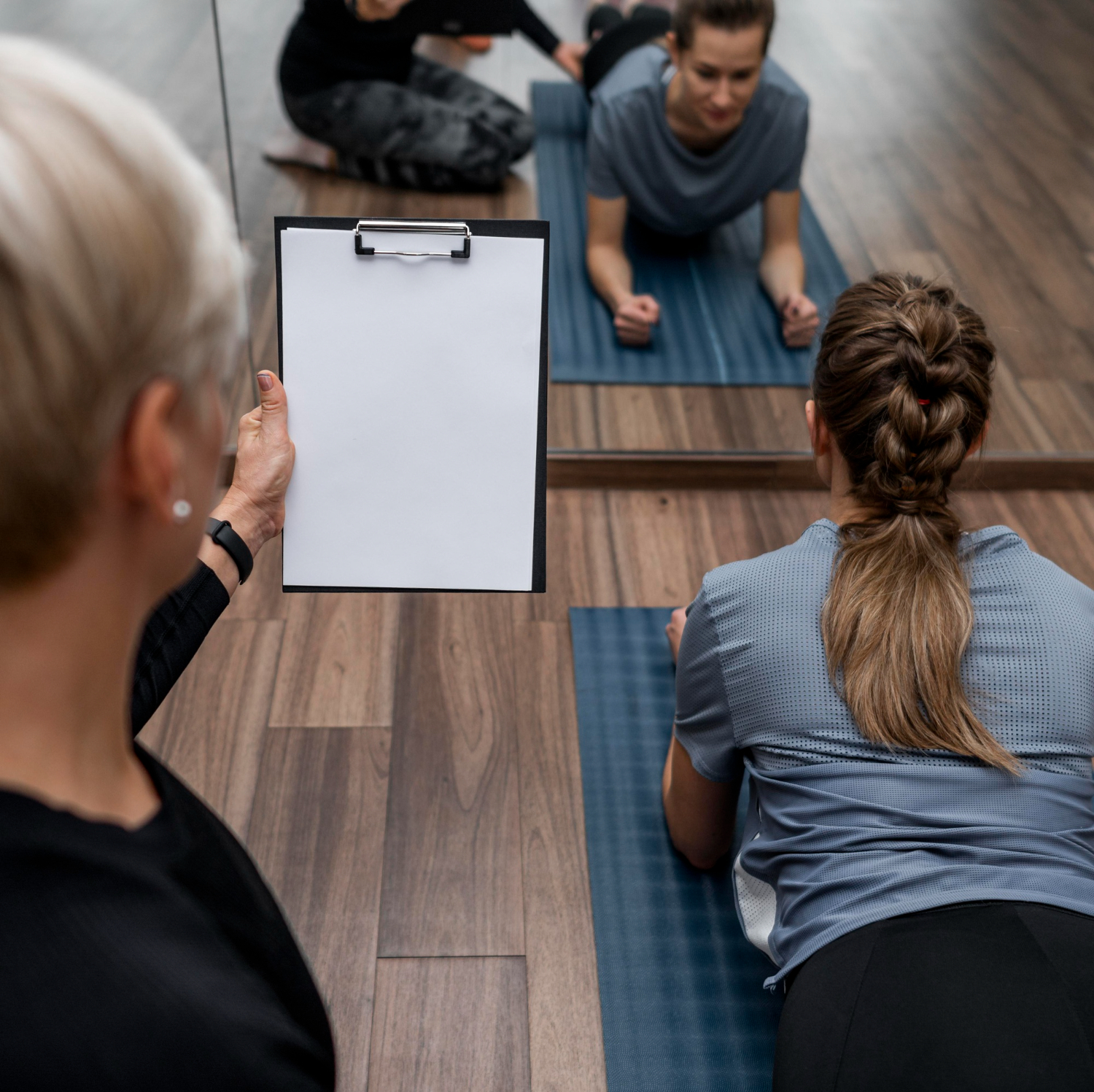In our modern sedentary lifestyles, it’s easy to overlook the importance of physical movement. However, maintaining an active lifestyle not only benefits our bodies in the present but also plays a significant role in enhancing longevity and influences the next generation. Let’s explore the numerous reasons why moving our bodies is crucial for our overall well-being and how it contributes to a longer, healthier life.
Boosting Physical Health:
Engaging in regular physical activity has a profound impact on our physical health. It strengthens our muscles, improves cardiovascular health and enhances lung capacity. Regular exercise helps regulate blood pressure, reduces the risk of chronic diseases such as heart disease, type 2 diabetes and certain cancers. Moving our bodies also aids in weight management and improves overall body composition.
Enhancing Mental Well-being:
Physical activity is not only beneficial for our bodies but also has a positive impact on our mental well-being. Regular exercise releases endorphins, the “feel-good” hormones that reduce stress, anxiety and depression. It improves sleep quality, increases cognitive function and promotes a sense of overall happiness. Physical activity has been linked to a lower risk of developing age-related cognitive decline and neurodegenerative diseases such as Alzheimer’s (see article).
Strengthening Bones and Joints:
As we age, maintaining strong bones, resilient tissues and healthy joints becomes crucial. Regular weight-bearing exercises, such as walking, jogging or resistance training, help build and maintain bone density, soft tissue strength and reduce the risk of osteoporosis and fractures. Movement also lubricates the joints, reduces stiffness and improves flexibility, preventing conditions like arthritis.
Increasing Longevity:
Research consistently shows a strong correlation between physical activity and increased life expectancy. Regular exercise helps prevent age-related decline in muscle mass and function, known as sarcopenia. It also improves cardiovascular health, reducing the risk of heart disease, stroke and other chronic conditions that can shorten our lifespan (see article). Furthermore, physical activity positively impacts cellular health, DNA stability, and overall immune function, promoting longevity at the foundational level.
Social Engagement and Emotional Connection:
Moving our bodies often involves participating in group activities, sports or fitness classes. These social interactions contribute to our overall well-being by fostering a sense of community, promoting friendships and reducing feelings of loneliness and isolation. Cultivating social connections and emotional support through physical activity further enhances our quality of life and helps us live longer, happier lives.
Incorporating regular physical activity into our daily lives is essential for our bodies and longevity. The benefits of movement extend far beyond physical health, encompassing mental well-being, bone strength and social engagement. By committing to an active lifestyle, we can reap the rewards of improved overall health, increased life expectancy and a better quality of life. So, let’s prioritize moving our bodies and unlock the key to a longer, healthier, and more vibrant existence.




